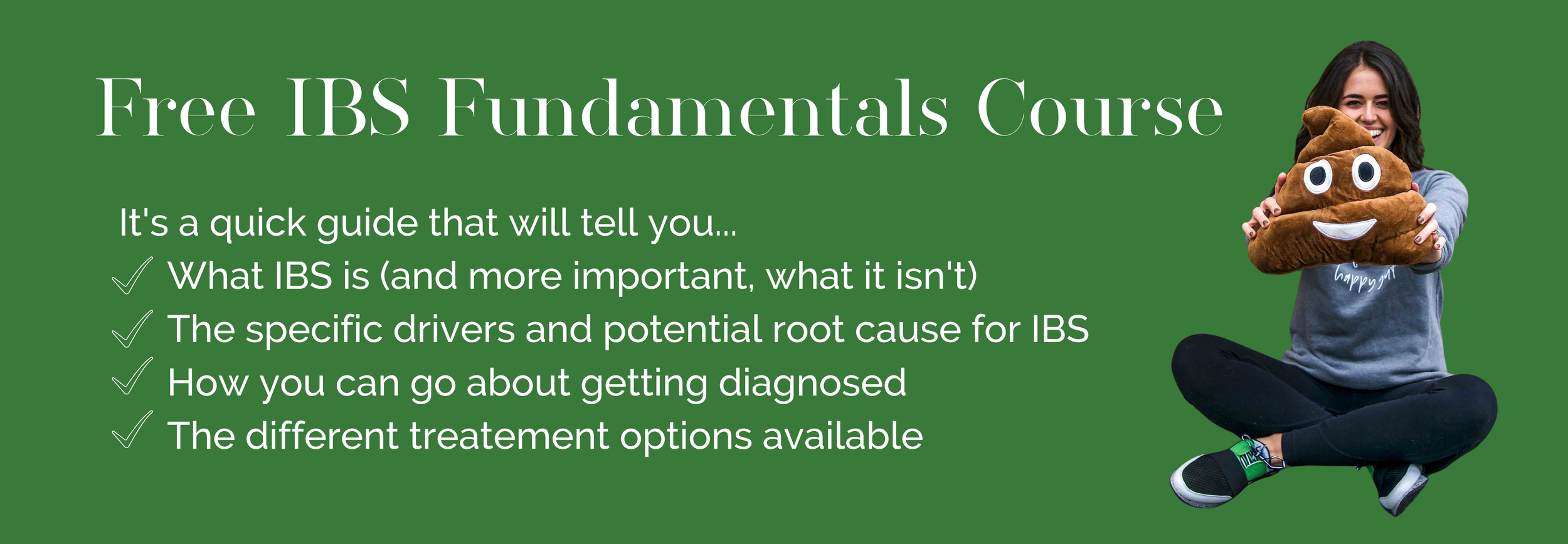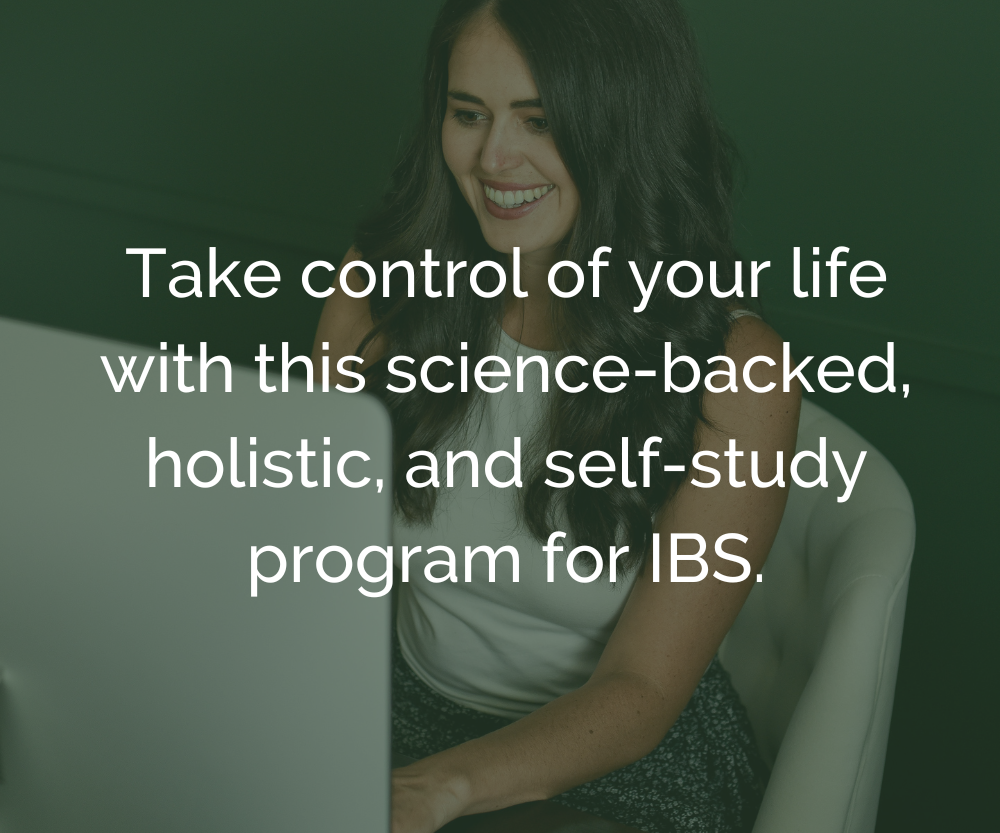5 Tips To Enjoy Your Social Life Without IBS Symptoms
This post is sponsored by Epicured, a low FODMAP meal delivery service that provides high quality, nutritious meals for those with food intolerances.
A 2018 study* showed that those with IBS have a higher prevalence of depression and anxiety, likely linked to a lower quality of life. When it comes to quality of life, something many of those with IBS struggle with is maintaining a social life.
Due to the unpredictable nature of IBS symptoms, as well as fear of triggers that can be found in new foods and activities, have a huge impact on social life and relationships. This can leave one feeling isolated and lonely, which can then lead to withdrawal from those relationships, and the cycle continues.
If you also have IBS and notice this impact on your social life, know that the cycle doesn’t have to continue. Here are 5 strategies you can use to enjoy your social life again, while keeping your symptoms down.
Communicate with those closest to you.
One of the main reasons those with IBS avoid social situations is the fear that something will happen while they are out. This leads to anxiety and stress as the social event gets closer, and may cause one to avoid going altogether, which then puts a strain on relationships. For the relationships that are the closest to you, it can be helpful to communicate your fears and your needs with them, so they can understand what is going on.
What’s your poop personality? Find out here!
You don’t have to go into all of the details, but it helps to let them know something is going on and what triggers you have. This creates an opportunity for them to be accommodating and also helps them understand why you may cancel plans or be more specific about what you can or can’t do.
Communication can take away a lot of the stress and anxiety around social situations. Instead of thinking “what will they think?” or “what happens if I’m triggered?,” you can be confident that those close to you are on your team, they support you no matter what, and they’ll understand if something happens and you need to leave early.
Give ideas for things you know can accommodate your needs.
Instead of turning down every invitation to hang out with your friends or family, offer suggestions for things you do feel confident doing or you know can accommodate your needs. This can mean changing the activity completely to something that will be less triggering, or it may mean suggesting a specific restaurant that you know is more accommodating.
Plan ahead to work around triggers.
As you figure out what your triggers are or become familiar with common IBS triggers, you can increase your confidence with social situations by planning ahead. This can mean communicating your needs to the person preparing food, plan to bring your own dishes, look at the menu ahead of time, eat a meal before the gathering so you don’t have to skip a meal, implement self care that helps reduce your stress with the event, and taking any medications or supplements that will support you during the event.
A great resource for this is Epicured. They are a low FODMAP, IBS-friendly meal delivery service that prioritizes flavor and nutrition. They have over 100 menu items to choose from and are also gluten free! You can easily order meals in advance, stock your refrigerator and freezer, and have delicious meals to take with you so you can enjoy the time with your friends and family, instead of worrying about triggers in your food. What I love most about Epicured is how plant-forward many of their meals are, so you can get a variety of fiber with every order. You can try them out here and use code Erin20 to save on your first order.
Start small to build up your confidence.
If social events have been avoided for a long period of time, there can be more fear around them due to uncertainty about how the body will react. To overcome these fears and build confidence around your plan for social events, starting small is key. This could mean meeting up with friends or family for a short amount of time and not engaging in the food or drink that’s offered, bringing your own meals to the hangout, hosting at your place, or starting with takeout on your own to practice asking for substitutions from restaurants.
As you have small “wins” with social events that don’t trigger a flare, you’ll build up your own confidence and start finding tricks that work for you so you can build up your social life without the symptoms.
Have a symptom plan in place.
The fear of “what if” with symptoms can often be worse than the symptoms themselves and, due to the nocebo effect, can actually trigger symptoms. Like planning ahead to prevent symptoms, planning to relieve or deal with symptoms can be a helpful way to decrease fear and stress around the event.
A symptom plan could include an exit strategy, knowing the locations of the nearest bathrooms, a change of clothes, medication/supplements that help ease symptoms quickly, or ensuring your clothes have enough stretch to still be comfortable with a bloated belly. A symptom plan may also be more long-term, with self care that helps your body come down from a flare after the event, to prevent symptoms from lasting many days. This plan will be unique to each person and may change over time as you learn what works best for your body.
*Quality of life study link: https://www.ncbi.nlm.nih.gov/pmc/articles/PMC6040097/
Are you frustrated with your IBS symptoms? Do you desire to be confident in your food choices? Do you want to have a healthier relationship with your body and diet? Are you ready to take control of your IBS?



